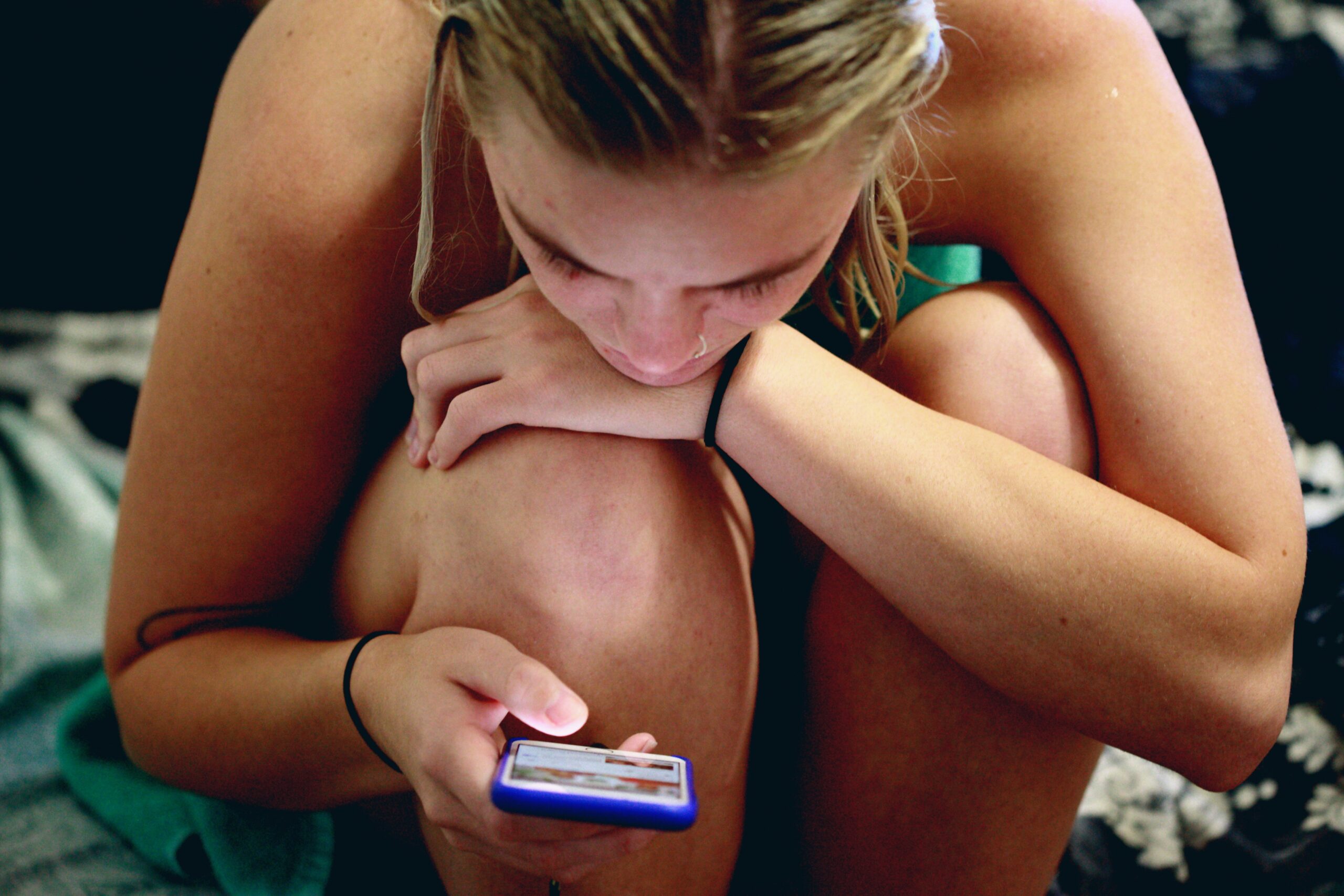
Australian Prime Minister Anthony Albanese has announced new legislation aiming to prohibit social media access for children under 16, labeling it a move to counter the harm he believes social platforms are inflicting on youth.
Unveiled on Wednesday, the proposed ban could go into effect a year after its anticipated parliamentary approval. If enacted, it would position Australia as a frontrunner in the international push to shield children from potential risks associated with social media use, according to Reuters.
Australia’s forthcoming law is expected to be among the world’s most stringent. Unlike other countries, which typically allow for parental consent or age thresholds around 13, Australia’s plan removes these exemptions. This legislative package mandates that platforms such as Facebook, Instagram, TikTok, YouTube, and X actively prevent minors under 16 from gaining access.
The proposed measures also introduce new methods for enforcing age verification, such as biometrics and government ID checks. These trials could become the standard for enforcing digital age limits worldwide. No other country has taken this approach, making Australia a potential model for similar efforts in countries that prioritize child safety online.
Albanese points to evidence suggesting that social media exposure can harm children’s mental and physical health. Concerns include the impact of harmful content on body image for young girls and misogynistic messaging targeted at boys. Highlighting the vulnerability of adolescents, he stated, “If you’re a 14-year-old kid getting this stuff, it can be a really difficult time.”
Industry Calls for a “Balanced” Approach
While the opposition Liberal Party has voiced support for the legislation, industry representatives have voiced concern. DIGI, which represents platforms like Meta, TikTok, X, and Google, warns that these restrictions might drive young users to less regulated parts of the internet, potentially cutting them off from beneficial networks. DIGI Managing Director Sunita Bose suggests a “balanced approach” that incorporates digital literacy and age-appropriate content rather than a blanket ban.
As Australia moves to implement this legislation, it joins a growing number of countries re-evaluating children’s access to social media. Norway recently raised its social media age threshold to 15, and France has proposed a similar age limit for those under 15. In the U.S., parental consent is required for data collection from children under 13. However, Australia’s plan stands out as the strictest to date, with no provisions for parental consent or existing accounts.
By setting a higher age limit and removing the option for parental permission, Australia could redefine global standards for protecting youth in digital spaces. Communications Minister Michelle Rowland affirmed the government’s intention to lead by example, describing the package as “truly world-leading.”
Featured Image courtesy of Alexander Grey on Unsplash
Follow us for more tech news updates.
